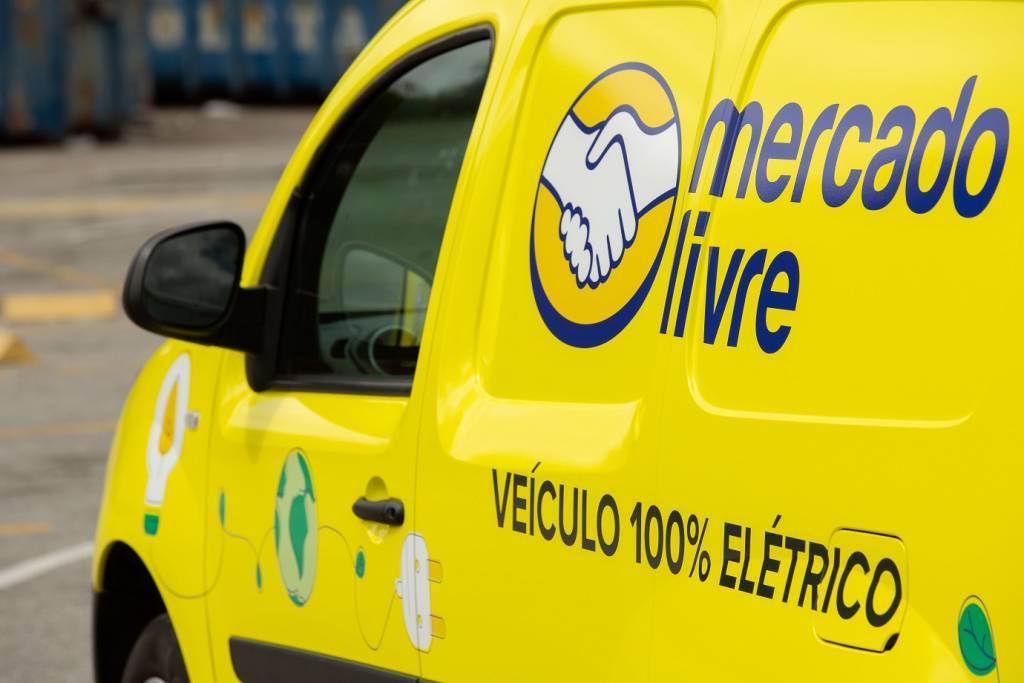RIO DE JANEIRO, BRAZIL – Mercado Libre, Latin America’s largest e-commerce website, will begin to offer its deliverers in Brazil funding to purchase electric vehicles.
The plan became known after the Argentina-based company last week sold US$1.1 billion (R$5.5 billion) of debt that included a US$400 million tranche linked to good social and environmental practices initiatives, reinforcing the growing market demand for the issue that has become popular by the acronym ESG.
With 10,000 standard delivery vans and 600 trucks in Brazil, a fleet mainly operated by third parties, many with exclusive contracts, Mercado Libre now has 50 of its own electric-powered vans in operation in the country.

Now, as it recently began doing in Mexico, where it is funding the purchase of vehicles from Renault and Mercedes, Mercado Libre is looking to expand its electric-powered fleet in Brazil, its largest market.
According to André Chaves, Mercado Libre’s vice-president for strategy, new business, and investor relations, the initiative is in line with global efforts to reduce carbon emissions, but it is a bridge for its deliverers to reduce their costs in the medium term, given that maintenance expenses are lower for electric cars than for those powered by combustion.
“It is an investment that pays off in time,” the executive told Reuters.
He did not disclose the planned expansion of Brazil’s electric-powered vehicle fleet, nor the planned investment in the initiative, which will also involve installing recharging points in the company’s logistics centers.
In November, Mercado Libre announced the opening of five new logistics centers in Brazil, for a total of eight, while bolstering its structure after a surge in e-commerce in the country in the wake of the Covid-19 pandemic.
With the funds raised through sustainable bonds, the company also plans to expand credit supply to micro and small businessmen, a project it launced three years ago and which gained traction last year with social isolation to contain the Covid-19 pandemic, which led several store owners to have an Internet sales channel to keep their business afloat.
“We’ve been able to keep default figures equal to or less than those of big banks, so we believe we can provide more scale to this business,” Chaves said.
The company offers credit through its Mercado Pago financial arm in Argentina, Brazil, and Mexico, with a total portfolio of over US$1 billion, reaching around 600,000 sellers.
Source: Reuters

